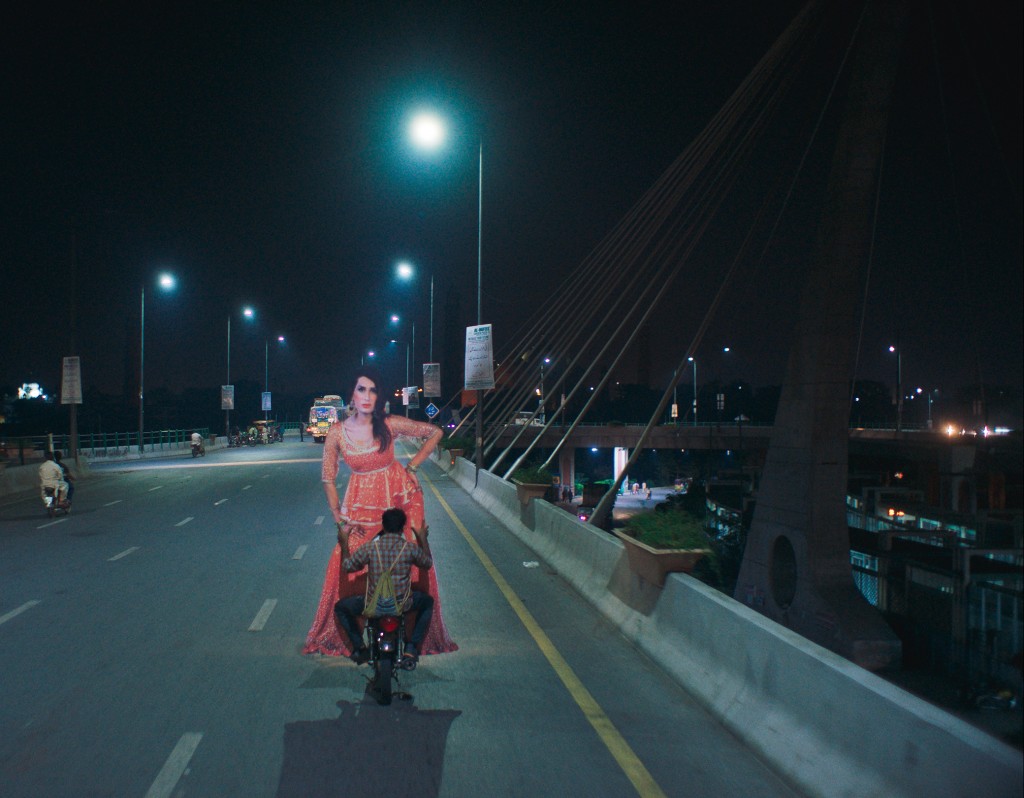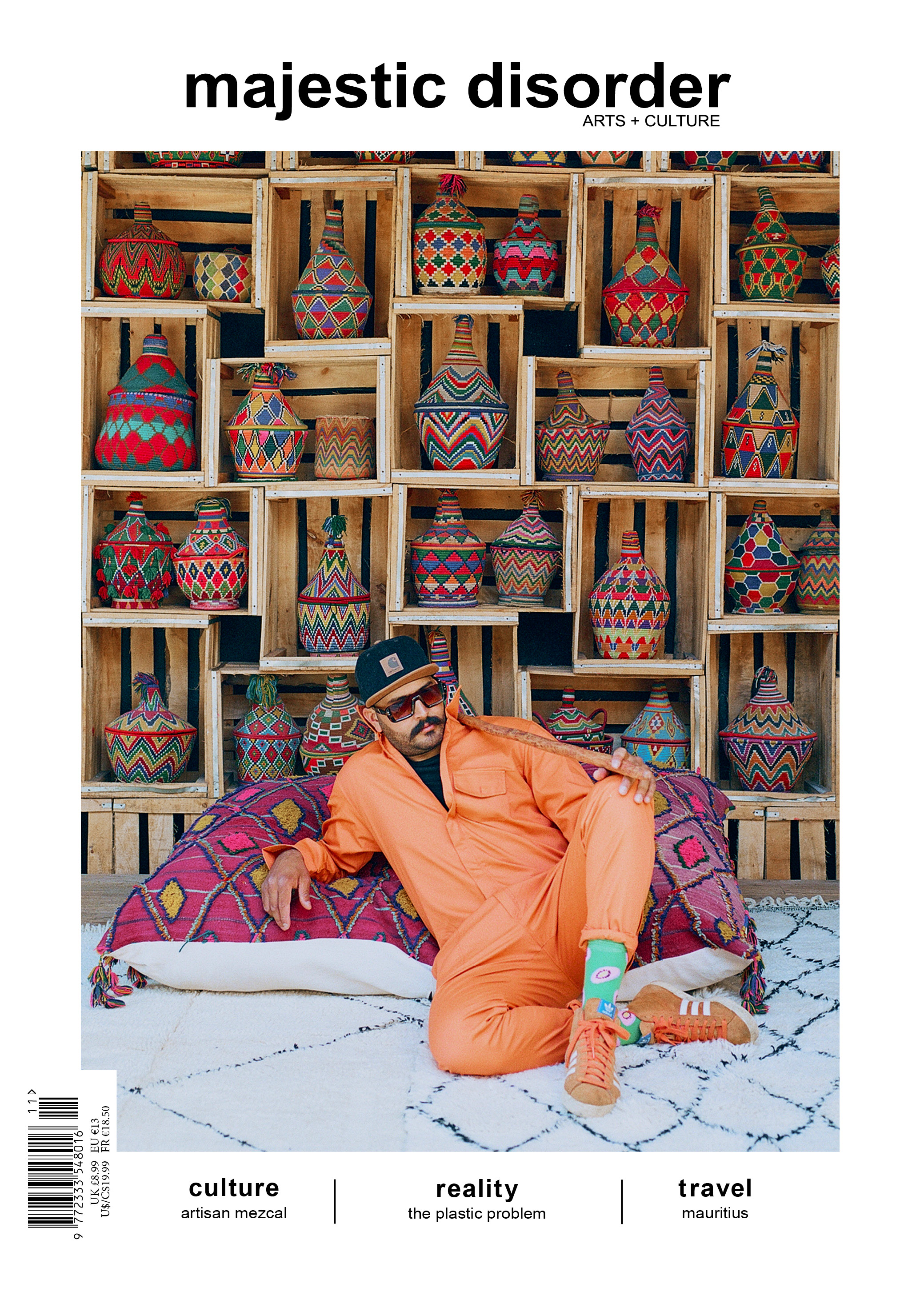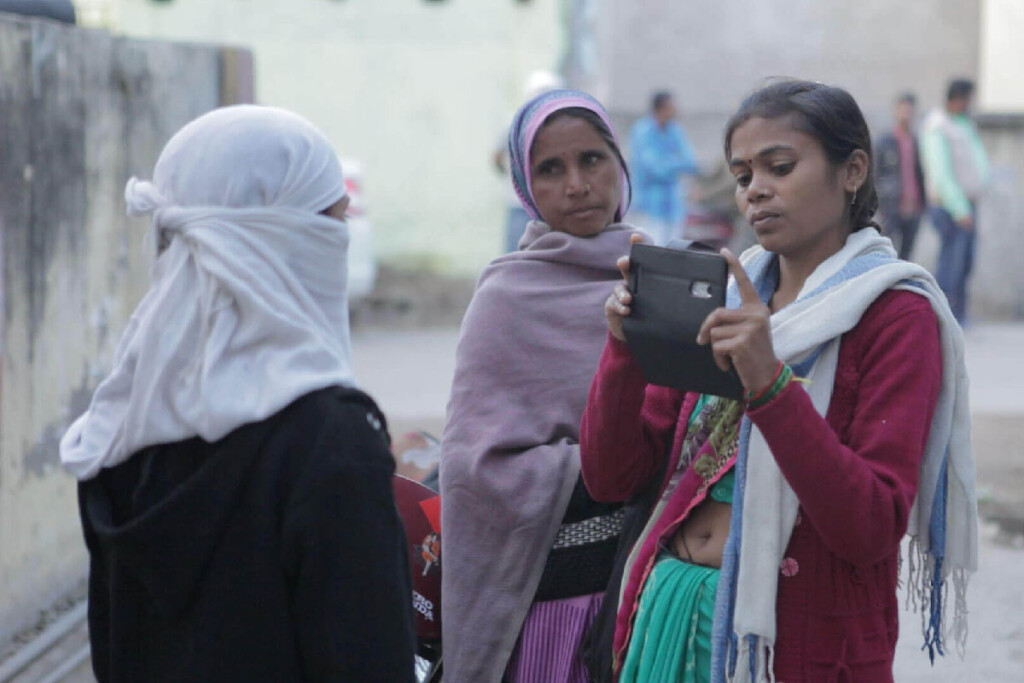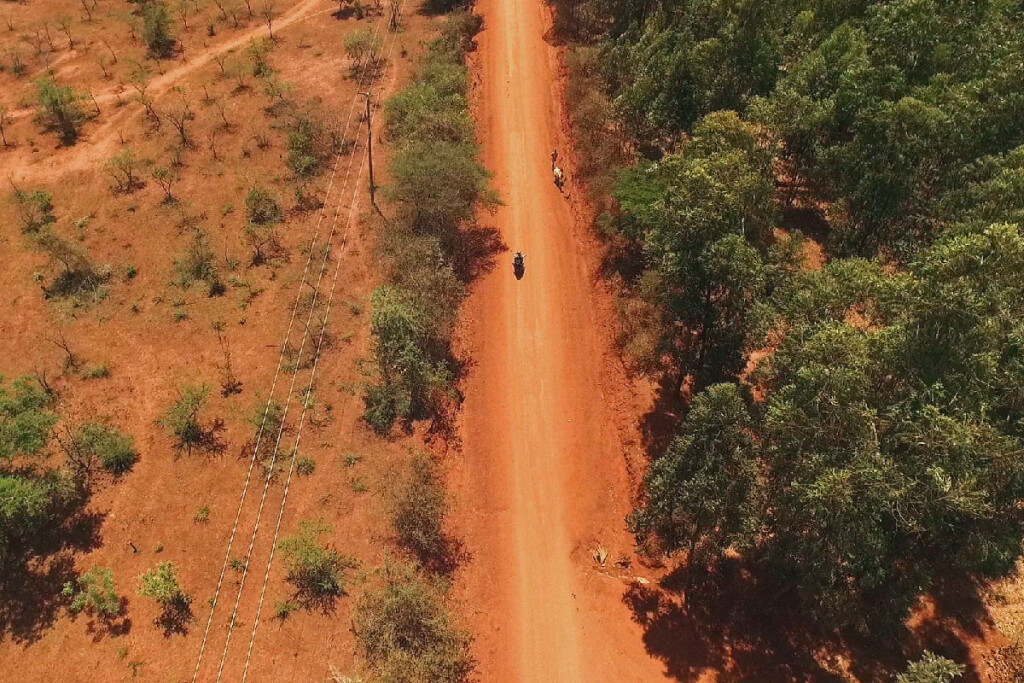Joyland
Behind the scenes of the first film from Pakistan selected into Festival de Cannes
Words Sean Stillmaker

A job opportunity sends Haider across the Pakistani city of Lahore. As he patiently waits to try out as a background dancer, a spark is ignited when the transgender performer Bibi takes the stage of the erotic dance theatre.
It’s a pivotal moment that set’s the film’s trajectory. Can Haider make the transition from being a house husband to the breadwinner? Can his marriage survive? In a patriarchal society where appearances are everything and LGBTQ+ are criminalized, can this forbidden love between Haider and Bibi blossom?
Clashes of culture and challenging taboos combine to make a wonderfully crafted film in Joyland, which after 75 years, is the first film from Pakistan selected to compete in the programme at Festival de Cannes.
After receiving its world premiere, to a record standing ovation no less, Joyland co-star Sarwat Gilani basks in elation as she responds to each of my questions thoughtfully inside a French flat near the croisette.
“For a country like Pakistan to make a movie which represents and puts so much light on a transgender’s life, I hope that it changes something back home where people do realize these are the kind of people who can represent Pakistan on a global platform like Alina did (actress Alina Khan playing the role of Bibi). For her community, this is a huge step,” says Sarwat.
Joyland begins by intimately introducing us to this average Pakistani household. Haider (Ali Junejo) and his wife Mumtaz (Rasti Farooq) are childless and live with Haider’s brother Saleem (Sohail Sameer) and wife Nucchi (Sarwat), their kids and the brothers’ father Abba (Salmaan Peerzada), the family patriach.
Action immediately starts with Nucchi going into labor that produces another girl, which causes much consternation to Abba who then chastizes Haider and Mumtaz to grow the family and bless it with a boy.
Rich in its layered narrative reflecting the struggles within contemporary Pakistani society, Sarwat’s character Nucchi represents the traditional norm of women — Nucchi is a stay at home mother responsible for the nine person household.
“[The film] talks about the pressure a woman goes through in a normal household in Pakistan and the kind of patriarchal society that we have where it’s so important to give birth to a boy to be acceptable, otherwise it’s so incomplete no matter what you do for the home, for the in-laws, there’s a constant pressure to give birth to a boy,” Sarwat says.
Pursing a non-traditional life is at the heart of Haider and Mumtaz’s relationship where he is happy to be at home, while she is happy working as a beautician for brides. This is of course inverted when Haider accepts the job as a background dancer for Bibi. Out of shame though, he cannot tell his father his true position, he just says he works as a theatre manager. With Haider employed, however, Mumtaz is decreed by Abba to stay at home with Nucchi to help with the household, despite her desire to continue working.
“I see so many such women around me, whether they come from the highest structure of society, they are expected to stay home no matter how rich they are, no matter what car they have, no matter what their exposures are. They may be from a great university in Pakistan but they’re expected to stay home,” Sarwat says.
The role of Nucchi is clearly just make believe for Sarwat because the person behind the character are polar opposites. Sarwat is a mother, and despite this, has continued working for over two decades in the industry between films, television, web, modeling and an influencer with 1.8 million Instagram followers.
“I think in my 20 years of a career, most of the characters I played do represent that mindset where you have to stay at home, you’re the next door neighbor girl, you got to do the norms,” Sarwat says. But off screen, “luckily both my own family and my in-laws are very encouraging of me to work. I’ve also been very responsible as a working person and a mother.”
In addition to acting, Sarwat also founded Art House based in Karachi, which provides educational programing for kids emphasizing art in its curriculum as well as being an ambassador for the Special Olympics.
It was all of the eclectic material representing contemporary lifestyles inside Joyland’s story that attracted Sarwat, which was written and directed by Saim Sadiq, who is also making his feature film directorial debut.
“The way it was written was so beautiful. It talked about things that we generally don’t talk about in Pakistan and that is something that really got me hooked on the script, that it was different, and I’m all about different content now.”
Joyland was completely shot in real locations around Lahore and its centrally located neighborhood Gawalmandi, renowned for its food street market. Instrumental to pull this off was Pakistani producer Sarmad Khoosat, where his own personal experience as a filmmaker may come into play. His 2020 film Circus of Life (Zindagi Tamasha) was suspended from release after lobbying by a hardline political group accusing the film of blasphemy since it portrays a struggling cleric. The rest of the film’s producers were made up between the UK and US, such as Ramin Bahrani.
What truly makes the film magical is the daring portrayal of Bibi by Alina. Audiences first recieved a glimpse of what Joyland was to be as some of its elements, including Alina portraying a transgender dancer, were pioneered in Saim’s 2019 short film Darling, which won a slew of awards for best short at film festivals like Venice and SXSW.
“Saim’s debut has made the entire nation so proud and there are no words to express the kind of gratitude that I think we should all have for him and his efforts making Joyland come to life,” Sarwat adds as our conversation comes to a close.
But one thing both herself and the other filmmakers involved never thought possible would be coming to Cannes competing in the Un Certain Regard section of the film festival’s 75th edition when the film wrapped production in November 2021.
“I think for the entire fraternity it’s a big leap. It’s definitely pushing our boundaries for the artists in Pakistan to do better, do bigger, do different stuff and step out of your comfort zone. And I hope Tv channels and other filmmakers can realize that our market, our audience, is not just in Pakistan but it’s all over the world and that is the audience that we should target every narrative to,” Sarwat says.
A few days later after its premiere, Joyland won the Jury Prize in Un Certain Regard of Festival de Cannes.
Related Reading







 @majesticdisorder
@majesticdisorder